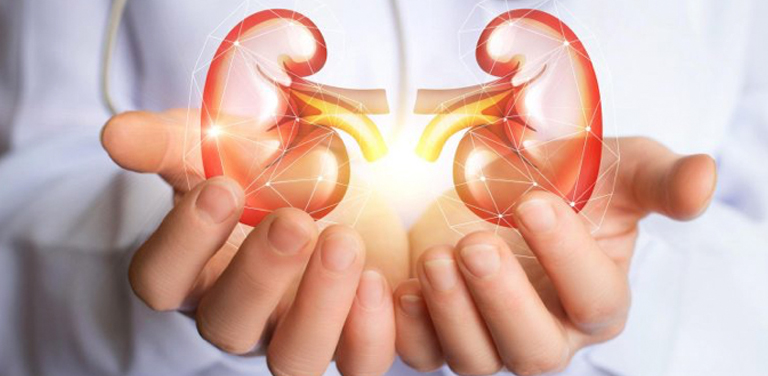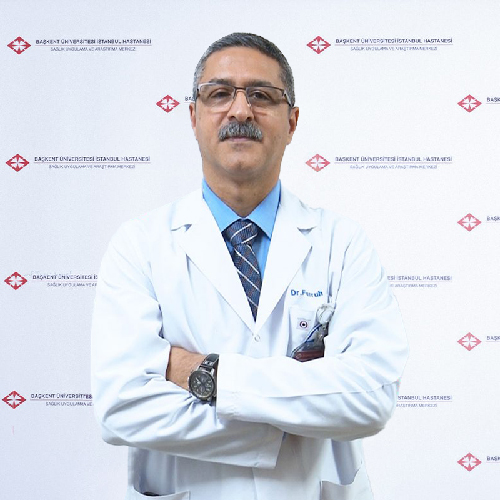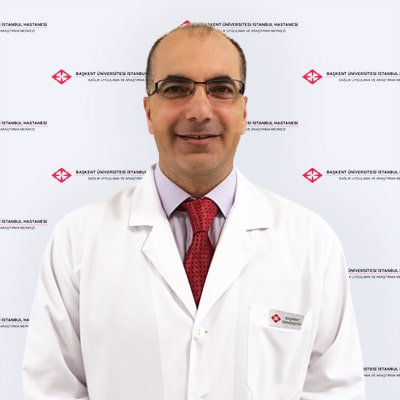
Overview
General Urology
Urinary tract infections: Urinary tract infections usually cause complaints such as difficulty urinating, frequent urination (polyuria) and feeling of burn while voiding (dysuria) and they are caused by microorganisms, such as bacteria, virus, etc. Treatment of urinary tract infections should absolutely be guided and supervised by specialized physicians, as the underlying cause may, sometimes, be serious.
Incontinence: Incontinence means involuntary leakage of urine. Incontinence is a clinical symptom, which develops due to a series of urologic and/or neurologic causes. Diagnosis should be established and treatment should be supervised by an urologist.
Prostate Disease (Benign Prostatic Hyperplasia): It is a benign enlargement of prostate in men aged 45 and older and it causes certain complaints such as daytime and/or nocturnal polyuria, dysuria, difficulty initiating urine flow, urinary hesitancy, residual urine and urinary incontinence It can be treated with medication as well as open or closed surgeries, depending on severity of the disease.
Renal cysts: They are fluid-filled sacs that develop in the renal tissue. One out of every two people over 50 has simple kidney cysts. Kidney cysts are usually benign, while they can rarely be malignant. Kidney cysts may require follow up, drainage or surgical intervention depending on their size and therefore, they should be followed up as advised by your physician.
Endourology
Kidney and Urinary Tract Stones: These stones are made of calcium by 80 to 85 percent and they develop in kidney and urinary tracts. Potential complaints are flank pain, abdominal pain, blood in urine (hematuria), nausea, vomiting and cold sweating. Closed surgical techniques are available for stones that obstruct the urinary tract.
Female Urology
Stress/Urge incontinence: The condition causes leakage of urine completely or in drops while coughing/sneezing; it is caused altered anatomical position of the urinary bladder and the urinary tract due to difficult delivery, menopause, genital trauma, etc
Overactive Urinary Bladder: It is secondary to various causes, where the urinary bladder cannot store urine as it should. The patients with overactive bladder complain of frequent voiding (more than 5 times a day), difficulty in urinating, pain and burn while voiding (dysuria) and the feeling of urge.
Oncologic Urology
Kidney Tumors: Any mass lesion detected in the kidneys is deemed kidney tumor, except for simple cysts. Kidney tumors usually do not cause any complaints until advanced stages. Kidney tumors are more often detected in examinations performed for other causes. Diagnosis and treatment of kidney tumors should be performed under supervision of an urologist, as it requires specialization.
Prostate Cancer: prostate cancer is the most common type of cancer in men. Prostate cancer usually progresses slowly. The condition can be completely eliminated through early diagnosis. For early diagnosis, physical examination for prostate cancer is recommended once every two years in men at 45 and 50 years of age and once a year for men over 50. Blood work and urinalyses are analyzed and the prostate is examined with finger (digital rectal exam) in screening visits.
Urinary Bladder Cancer: It is the cancer of urinary bladder. It causes symptoms including but not limited to difficulty urinating, hematuria and blood clot in urine. Smoking is the leading cause for urinary bladder cancer. Urinary bladder cancer is the second most common cancer among urologic cancers following the prostate cancer. Urinary bladder cancers in early stages can be treated with closed surgical methods.
Testicular Cancer: It is the type of cancer that begins in testicles. It is usually detected in men aged 20 to 40. Any palpable lesion in testicles should be deemed testicular cancer until otherwise is proven, while diagnosis and treatment program should be done with utmost diligence, like cancer.
Andrology
Erectile Dysfunction: It is the disease known as impotence or erectile dysfunction that causes inability to have sexual intercourse or maintaining the coitus. Problems in penile blood vessels account for 80% of the cases, while psychological factors play a role in 20% of the patients. Erectile dysfunction is tremendously common in diabetic patients. It can also develop due to vascular problems and changes in hormones as a result of aging. Erectile dysfunction is a treatable disease.
Infertility: Varicocele is one of the conditions that causes male infertility. Varicocele is treated with microsurgical technique at our hospital.








